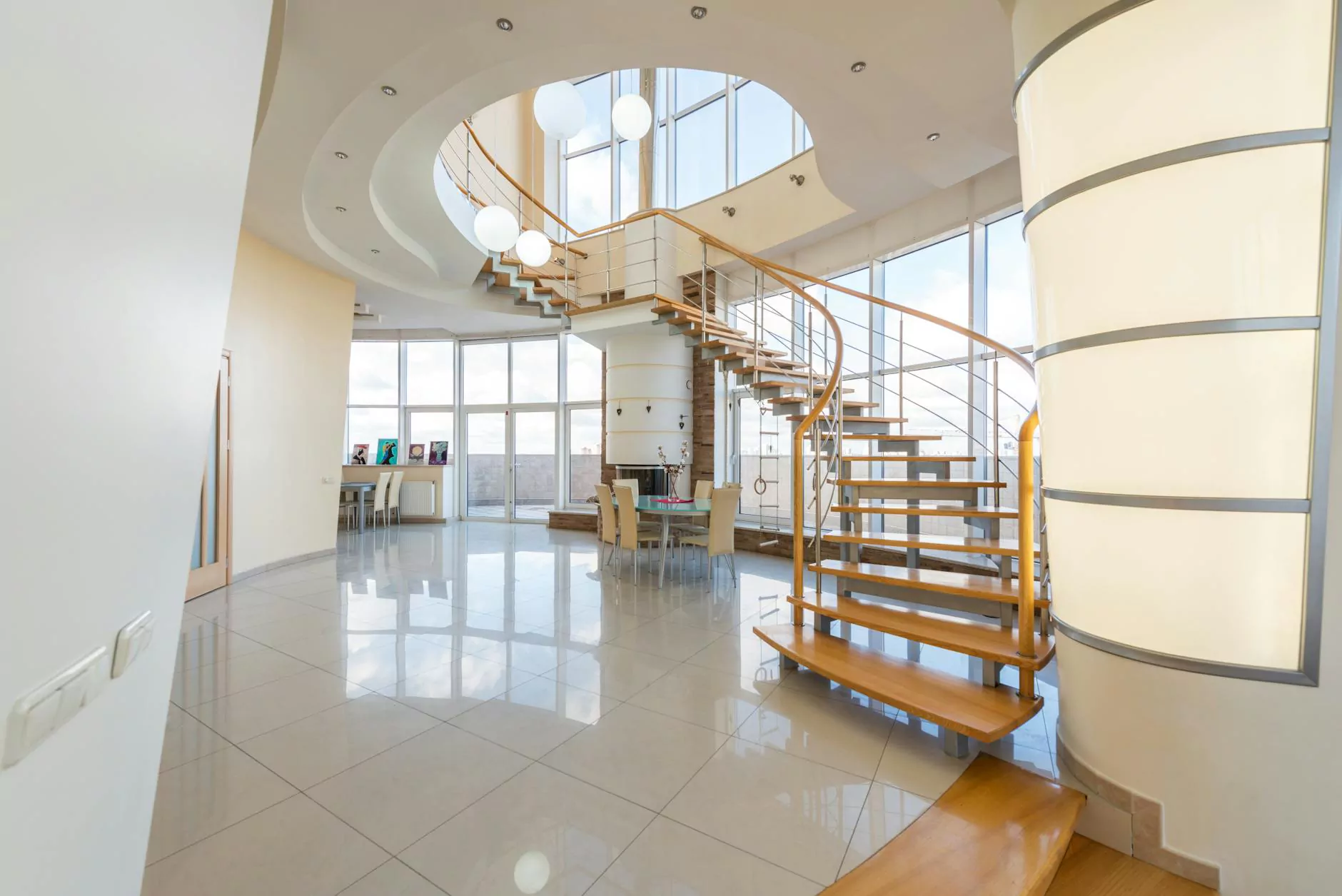How to Own 2nd Property in Singapore: A Comprehensive Guide

Owning a second property in Singapore can be an *excellent investment opportunity*. Whether you are looking to diversify your portfolio, generate rental income, or create a vacation home, the journey towards acquiring that dream property requires a comprehensive understanding of the local real estate market. This guide will walk you through the essential steps on how to own a 2nd property in Singapore, including financing options, legal considerations, and strategic advice to ensure a sound investment.
Understanding the Singapore Real Estate Market
Singapore's real estate market is known for its stability and high demand, making it a prime location for property investment. The government regulates this sector tightly, ensuring a balanced ecosystem that caters to both homeowners and investors. To successfully own a second property in Singapore, you must begin by understanding:
- The Market Trends: Regularly monitor property price trends, supply and demand dynamics, and economic indicators.
- Location: Certain neighborhoods may outperform others. Research areas with high rental yields and growth potential.
- Property Types: Decide whether you want to invest in landed properties, condominiums, or commercial real estate.
Financial Considerations When Buying a Second Property
Financing your second property is one of the crucial steps in the purchasing process. Here are various financing options available for investors:
1. Assessing Your Financial Situation
Before diving into the property market, evaluate your finances thoroughly. This includes:
- Income: Calculate your monthly income and consider job stability.
- Existing Mortgages: Take into account any existing loans that may affect your eligibility for new financing.
- Emergency Funds: Ensure you have sufficient savings for unexpected expenses associated with property ownership.
2. Loan Eligibility and Options
In Singapore, the Loan-to-Value (LTV) ratio is a key factor for property loans. Generally, for your second property, the LTV can be 60%, meaning you'll need a 40% downpayment. Here are the loan options:
- Bank Loans: Most common financing option with competitive interest rates.
- HDB Loans: If you are purchasing an HDB property, explore this financing as an option.
- Cash Reserves: Paying partially or fully in cash can increase your chances of securing better deals.
Legal Considerations for 2nd Property Ownership
Understanding the legal framework surrounding property ownership in Singapore is vital. Here are essential factors to consider:
1. Eligibility to Purchase
Foreigners are allowed to own property, but certain restrictions apply. Here’s what you need to know:
- Private Residential Properties: Foreigners can buy these without special permission.
- Landed Properties: Special approvals are required for foreigners interested in landed properties.
- HDB Flats: Generally, non-Singaporeans are not eligible to purchase HDB flats unless they meet certain criteria.
2. Sale and Purchase Agreement (SPA)
The SPA is a crucial document that outlines the terms and conditions of the sale. It’s important to understand:
- Deposits: Typically, a deposit of 1% to 4% is paid upon signing the SPA.
- Completion Date: This is when the remaining payment is due, and the property officially changes hands.
- Legal Fees: Always budget for legal fees associated with property transactions.
Investment Strategies for Your 2nd Property
Real estate investment involves strategic planning. Here are some proven strategies to adopt:
1. Rental Properties
Owning a second property can provide you with passive income through rentals. Consider the following:
- Researching Tenant Demographics: Understanding the type of tenants (foreign expats, local families, etc.) that are in demand in your chosen area can help you market your property effectively.
- Rental Yield: Calculate your expected rental yield to assess the property’s potential profitability.
- Property Management: Decide whether you will manage the property yourself or hire a property management firm.
2. Capital Appreciation
Investing with the intention of selling the property for a higher price later can be lucrative. Follow these tips:
- Identifying Up-and-Coming Areas: Look for neighborhoods undergoing redevelopment or infrastructure improvements.
- Timely Sales: Keep an eye on market conditions to sell at the most opportune time.
- Renovations: Consider adding value by making strategic renovations that attract buyers.
Common Mistakes to Avoid When Buying Your 2nd Property
Even seasoned investors can make mistakes in the property market. Here are common pitfalls to avoid:
1. Emotional Buying
It is easy to get emotionally attached to a property. Ensure that your purchase aligns with your financial objectives and is not purely an emotional decision.
2. Ignoring Costs Beyond the Purchase Price
Owning a property incurs additional costs such as:
- Maintenance Fees: Regular expenses tied to maintaining the property.
- Property Tax: Ensure to budget for property taxes that may increase over time.
- Insurance: This is critical to protect your investment from unforeseen circumstances.
3. Over-Leveraging
While leveraging can enhance your returns, be cautious not to over-leverage. Understand how much debt you can comfortably manage alongside your monthly obligations.
Conclusion: Taking the Leap into 2nd Property Ownership
In conclusion, owning a second property in Singapore can be a rewarding venture if done correctly. By following the insights provided in this guide on how to own a 2nd property in Singapore, you can position yourself for success. Remember to do thorough research, understand the market, and consider both your financial and personal goals. Whether you plan to generate rental income or seek capital appreciation, informed decisions will help you enjoy the benefits of property investment. Begin your journey today, and watch your investment grow!
For more expert advice on real estate in Singapore, contact SG Luxury Homes, your trusted partner in navigating the property landscape.
how to own 2nd property in singapore


